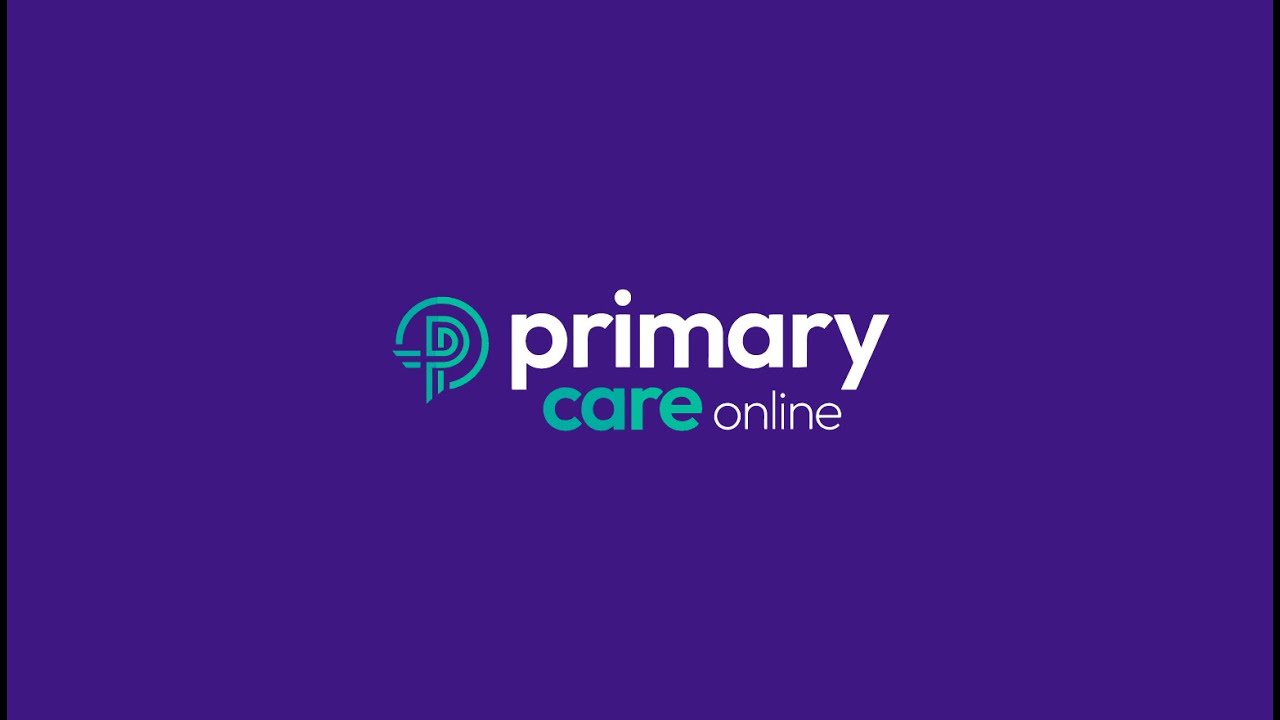In today’s fast-paced healthcare industry, managing administrative and financial tasks has become as challenging as patient care itself. This is where a Medical Billing Virtual Assistant steps in as a game-changer. By taking over the tedious billing, coding, and claims management tasks, medical practices can focus more on patient well-being and less on paperwork. Many clinics are also turning to a virtual assistant for doctors to streamline their workflows and enhance productivity through remote, reliable, and cost-effective assistance.
The Rising Need for Virtual Support in Healthcare
Healthcare providers often find themselves overwhelmed by the ever-changing billing regulations, claim submission deadlines, and insurance requirements. Errors in billing or coding not only delay payments but also affect the financial stability of medical practices. Hiring in-house staff to manage billing adds to operational costs, from training to salaries and benefits.
That’s why virtual support has emerged as a powerful solution. A Medical Billing Virtual Assistant helps bridge the gap between healthcare delivery and administrative management. By outsourcing these time-consuming tasks, physicians can reclaim valuable hours for patient care while maintaining smooth revenue cycles.
What Does a Medical Billing Virtual Assistant Do?
A Medical Billing Virtual Assistant is trained to handle all aspects of medical billing remotely. Their responsibilities typically include:
- Accurate patient data entry and insurance verification
- Claim creation and submission to insurance providers
- Monitoring claim status and following up on pending reimbursements
- Handling denials and resubmissions efficiently
- Preparing detailed financial reports for physicians and administrators
Beyond billing, many virtual assistants also assist with scheduling, patient communication, and record management — making them an integral part of a healthcare team.
Why Medical Practices Prefer Virtual Billing Solutions
- Reduced Overhead Costs:
Employing an in-house billing team involves expenses such as office space, training, and benefits. Virtual assistants operate remotely, reducing these costs significantly while maintaining top-quality output. - Expertise and Compliance:
Medical Billing Virtual Assistants are well-versed in the latest billing regulations, coding updates, and HIPAA compliance standards. Their expertise minimizes claim denials and ensures faster reimbursements. - Scalability:
Whether you run a small clinic or a large hospital, virtual billing services can scale according to your workload. You can easily adjust the number of assistants based on patient volume or seasonal fluctuations. - 24/7 Availability:
Virtual assistants across time zones offer extended working hours, ensuring that claim processing, billing, and reporting continue even after regular office hours.
Enhancing Efficiency with a Virtual Assistant for Doctors
Modern healthcare relies heavily on digital systems. Integrating a virtual assistant for doctors into your practice allows you to automate and delegate essential but repetitive tasks. From appointment scheduling to maintaining EMR data accuracy, these assistants provide complete support that helps doctors manage their time effectively.
Moreover, virtual assistants ensure seamless coordination between the clinical and administrative sides of your practice. With improved communication, doctors can deliver better patient experiences without being distracted by back-office concerns.
How Virtual Medical Billing Streamlines Revenue Cycle Management
The efficiency of your billing process directly impacts your cash flow and overall revenue. A Medical Billing Virtual Assistant uses cutting-edge billing software and standardized workflows to ensure every claim is accurately submitted and followed up on time.
Here’s how they optimize your revenue cycle management:
- Error-Free Claim Submission: Preventing coding errors reduces rejections.
- Faster Reimbursements: Quick processing and diligent follow-ups ensure consistent cash flow.
- Data Transparency: Regular reports help you monitor revenue trends and spot inefficiencies.
- Patient Satisfaction: With billing handled efficiently, patients enjoy faster service and fewer billing-related issues.
Real Benefits for Healthcare Providers
- Improved Focus on Patient Care:
Doctors can concentrate on their primary responsibility—treating patients—without being distracted by billing complexities. - Increased Revenue and Reduced Denials:
Virtual billing assistants ensure that every claim is optimized, correctly coded, and submitted on time, minimizing errors and maximizing revenue. - Customizable Support:
Each medical practice has different needs. Virtual assistants tailor their services to align with your specific systems and workflows. - Data Security:
With HIPAA-compliant processes, patient information remains confidential, ensuring complete data security.
How to Integrate a Virtual Billing Assistant into Your Practice
Adopting virtual billing services doesn’t require overhauling your entire system. Most assistants integrate seamlessly into your existing software, such as Kareo, AdvancedMD, or Athenahealth.
Here’s how to make the transition smooth:
- Identify Key Pain Points: Determine where your billing or administrative processes face delays or errors.
- Set Clear Expectations: Define goals for your virtual assistant, such as turnaround time, claim accuracy, and reporting frequency.
- Provide Initial Training: Introduce your workflow and preferred software tools to the assistant.
- Establish Communication Channels: Use secure communication platforms to coordinate efficiently.
- Monitor Performance: Regularly review reports and analytics to ensure performance goals are met.
The Role of Technology in Virtual Billing
A Medical Billing Virtual Assistant leverages advanced technology to enhance productivity. Tools like AI-powered billing systems, EHR integration, and data analytics make it easier to identify patterns, predict denials, and automate repetitive billing tasks.
Automation, combined with human expertise, allows practices to maintain accuracy, reduce manual work, and boost overall profitability.
Future of Medical Billing: Virtual Assistants Leading the Way
The healthcare industry is rapidly embracing remote solutions. Virtual billing assistants represent the future of efficient, compliant, and scalable administrative support. As telehealth continues to grow, the demand for remote billing experts will rise, creating a new standard for operational excellence.
By investing in virtual billing support, you future-proof your medical practice against administrative bottlenecks and ensure steady financial growth.
Final Thoughts
In a healthcare landscape where efficiency and patient satisfaction define success, hiring a Medical Billing Virtual Assistant can be a transformative decision. These experts ensure your billing operations run smoothly, minimize claim rejections, and enhance revenue flow. Whether you’re a solo practitioner or a multi-specialty clinic, virtual billing solutions provide a smart, affordable, and reliable way to strengthen your financial health.
FAQs
Q1: What qualifications should a Medical Billing Virtual Assistant have?
A professional virtual billing assistant should have training in medical coding, billing software, and HIPAA compliance. Experience in handling insurance claims and EHR systems is also essential.
Q2: Are virtual billing assistants HIPAA compliant?
Yes, reputable virtual billing assistants follow HIPAA regulations to maintain patient confidentiality and secure data transmission.
Q3: Can virtual assistants handle multiple specialties?
Absolutely. Experienced assistants are trained in various specialties, including cardiology, dermatology, orthopedics, and family medicine.
Q4: How does outsourcing billing improve profitability?
By reducing claim denials, improving turnaround times, and cutting operational costs, outsourcing billing significantly boosts your practice’s revenue.
Q5: How soon can I see results after hiring a virtual billing assistant?
Most practices notice improved efficiency and faster reimbursements within the first 30–60 days of implementing virtual billing support.




